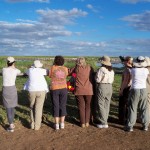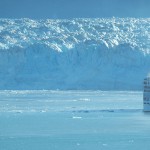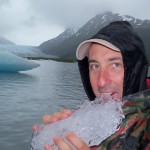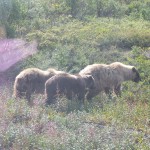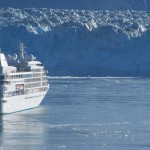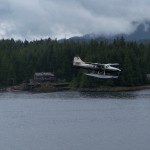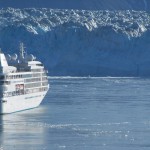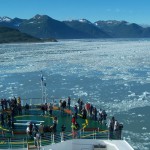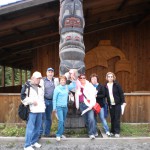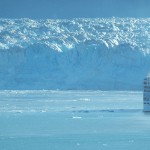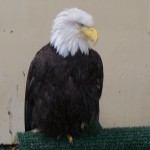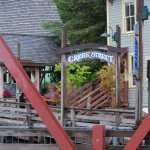The state of credit card security is a continuing battle between card issuers and criminals who steal account numbers, with consumers caught in the fray. Whether travelers are more likely to become victims of credit card fraud is debatable, but we’re certainly more likely to get tripped up by efforts to combat fraud, especially overseas.
Here are some things to watch out for if you plan on paying with plastic, which isn’t quite as widely accepted as the ad campaigns for credit cards would have you believe.
Avoiding a Freeze on Your Account – Be sure to call your credit card company before a trip to a foreign country, so your purchases in Bangkok or Barcelona don’t trigger a freeze on your account. Banks rely on antifraud software that monitors customers’ spending patterns, which means that any time you stray from your usual habits — like buying groceries in another state instead of at a store in your home ZIP code — your bank might become concerned. Overseas, it can be a hassle to unfreeze a card, especially if you don’t have a cellphone with international service.
Rejection of Cards Abroad – For globe-trotting travelers, another issue is that many countries in Europe, as well as Japan, Canada, Mexico and other nations, have adopted a type of credit card that has a chip and requires customers to enter a PIN instead of the ones with a magnetic stripe on the back that we still use in the United States. Merchants that accept Visa, MasterCard and American Express are supposed to let customers pay with either type of card, but employees at some retailers outside the United States don’t always know what to do with the magnetic version.
There are also automated kiosks that accept only the “chip and PIN” cards, particularly in European train stations, parking garages, gas stations and some tollbooths. In those cases, Americans with magnetic stripe cards usually have to wait in line to pay with cash or have a clerk swipe their cards. Travelers say those lines can be long, which is especially frustrating if you’re trying to catch a train. And at unattended tollbooths, you may get stuck if you don’t have coins you can pay with instead.
So how common is this problem? Research found that nearly half of American cardholders who have traveled abroad in the past few years have had some problem using a debit or credit card.
Chip Cards in the United States? The cost of issuing new cards is a hurdle, especially given the banking industry’s other financial challenges, so don’t expect to see a lot of movement before the end of 2011.”
There is one financial institution that is moving more quickly, however: the United Nations Federal Credit Union, which plans to offer its members credit cards with both a magnetic stripe and a chip beginning in October. With Canada and Mexico now embracing chip and PIN cards, along with Europe and many other parts of the world, it was time to make the switch. Another motivation is that the chip and PIN cards are more secure because there is a unique key encrypted in every card, whereas magnetic stripe cards are relatively easy to clone — that is, to steal the data and copy it onto another card.
The trend seems to be that more fraud is coming to the U.S. because we’re the one last holdout in magnetic stripe cards, however despite that concern, the major credit card companies do not have imminent plans to offer chip and PIN cards to their American customers, even though they provide them to cardholders abroad.
American Express said that while the company doesn’t plan to add the chip technology to cards issued in the United States customers should be able to use their magnetic stripe cards abroad, even if a clerk tells them they cannot. Your best advice here is that you should insist that they swipe the card.
Of course, communicating with store employees who may not speak English isn’t always easy, which is why carrying plenty of cash is a good backup, especially in rural areas and developing countries.






